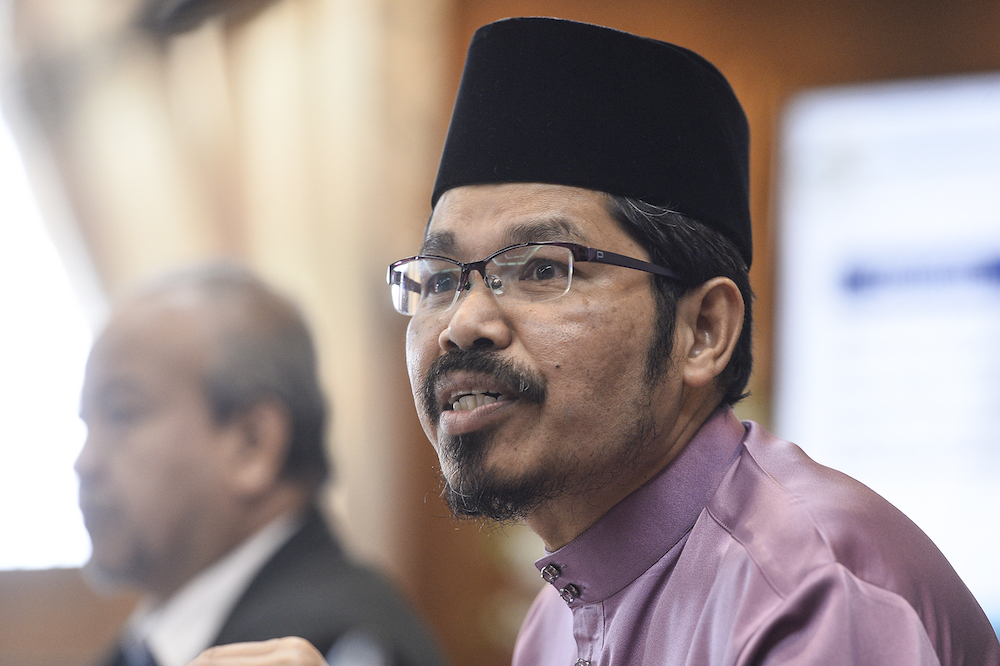KUALA LUMPUR, Sept 24 ― Only 1.8 million Malaysians have completed the Population and Housing Census 2020 (Census 2020) online or e-Census since it was implemented on July 7, said the Chief Statistician of Malaysia, Datuk Seri Mohd Uzir Mahidin.
He said the number was still below the target of 30 per cent or about 9 million of the Malaysian population of 32.7 million people.
He, however, hoped that the number would continue to increase despite admitting that it would difficult to reach the initial target.
“So (e-Census) is likely to be lower than targeted and this is also expected. (This is) because census is a process synonymous with people visiting the homes, so to say it needs to be filled in online, is a bit unusual.
“(But) yesterday, we got an increase of over 100,000 (census). In this final stage, Malaysians will do it and we expect it to increase even though the 30 per cent target may be difficult to achieve,” he told Bernama after appearing as a guest on Temu Bual Radio programme by Bernama Radio titled Census and Health.
Mohd Uzir, who is also the Commissioner for Census 2020 said of the total census received so far, several states showed an increase namely in Putrajaya which recorded more than 40 per cent while Perak (over 10 per cent) and Johor (about 8 per cent).
However, states on the east coast such as Kelantan and Terengganu are still low at about two per cent.
The first phase of the national census from July 7 to September 30 is done through e-Census, while the second phase from October 7 to 24, will be using the face-to-face interview method.
Meanwhile, Mohd Uzir said each enumerator would visit 100 houses during the second phase of the census with an average of about eight houses a day.
“In our system, we can see which houses have submitted their e-Census, and will not be visited because it is already in the system. So we will go to the house that has not responded.
“So we call on Malaysians who still have the opportunity to use the e-Census to carry out their responsibilities so as not to have to wait for the enumerator to visit them,” he said. ― Bernama



















